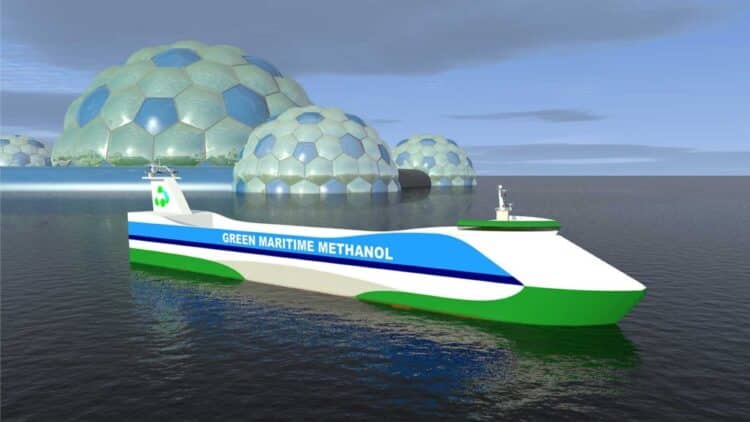Is This the Fuel That Ends the EV and Hydrogen Era? China and Malaysia Think So

Could Green Methanol Be the Future of Clean Energy? China and Malaysia Think So
A groundbreaking fuel collaboration between China and Malaysia might just reshape the global alternative energy landscape—possibly challenging the dominance of hydrogen, electric vehicles (EVs), and even traditional gasoline.
The two Asian nations are focusing on green methanol, a largely untapped and promising clean energy source. As the world’s biggest economies pour billions into alternative fuels, results have been mixed. So, is this the real breakthrough or just another fleeting experiment?
The Road to Clean Fuels: A Quick History
The journey toward sustainable fuels began in earnest with the release of the Toyota Prius in 2000, introducing hybrid technology to the mainstream. After finding early success in Japan, the model soon captured the U.S. market as well.
The next major shift came with Tesla’s rise, particularly with the success of the Model S, which showcased the true potential of electric vehicles. Tesla’s momentum catapulted Elon Musk into global fame—and fortune. But as Tesla dominated the EV space, competitors like China’s BYD (Build Your Dreams) quickly emerged, eventually surpassing Tesla in global EV sales.
Meanwhile, hydrogen began gaining attention, especially in South Korea, where Hyundai led the charge. From hydrogen fuel cells to combustion engines, hydrogen became another contender in the green energy race. Across the board, governments and corporations have eagerly invested in any energy source labeled “green.”
What Are China and Malaysia Up To?
In the latest energy development, Malaysia’s Sarawak Petchem Sdn Bhd, a state-owned company founded in 2017, has begun mass-producing green methanol.
This isn’t just any methanol—it’s synthesized using renewable energy-powered water electrolysis combined with captured carbon dioxide, creating a fuel that’s virtually carbon-neutral. According to Sarawak’s chairman, Tan Sri Abdul Aziz Husain, this method is both clean and scalable.
Malaysia has already started shipping tons of this eco-friendly methanol to China, a country with soaring energy demands due to its massive population and fast-growing economy.
Why Green Methanol Matters
While electric vehicles have carved out a significant place in the consumer market, they’ve also faced recent setbacks. Companies like Tesla have shown that while EVs are revolutionary, they’re not without their challenges—especially in terms of cost, infrastructure, and environmental concerns around battery production.
Green methanol, on the other hand, is poised to play a key role in sectors where EVs fall short—most notably in global shipping. As one of the world’s largest polluters, the maritime industry urgently needs a clean alternative, and methanol could be the answer.
With China and Malaysia leading the charge, green methanol might just be the missing piece in our transition to a carbon-neutral future.
Bottom Line:
This collaboration could mark a turning point in sustainable energy. As the world races to meet its climate goals, green methanol offers a cleaner, scalable, and promising solution. The big question is: will the rest of the world follow their lead?








